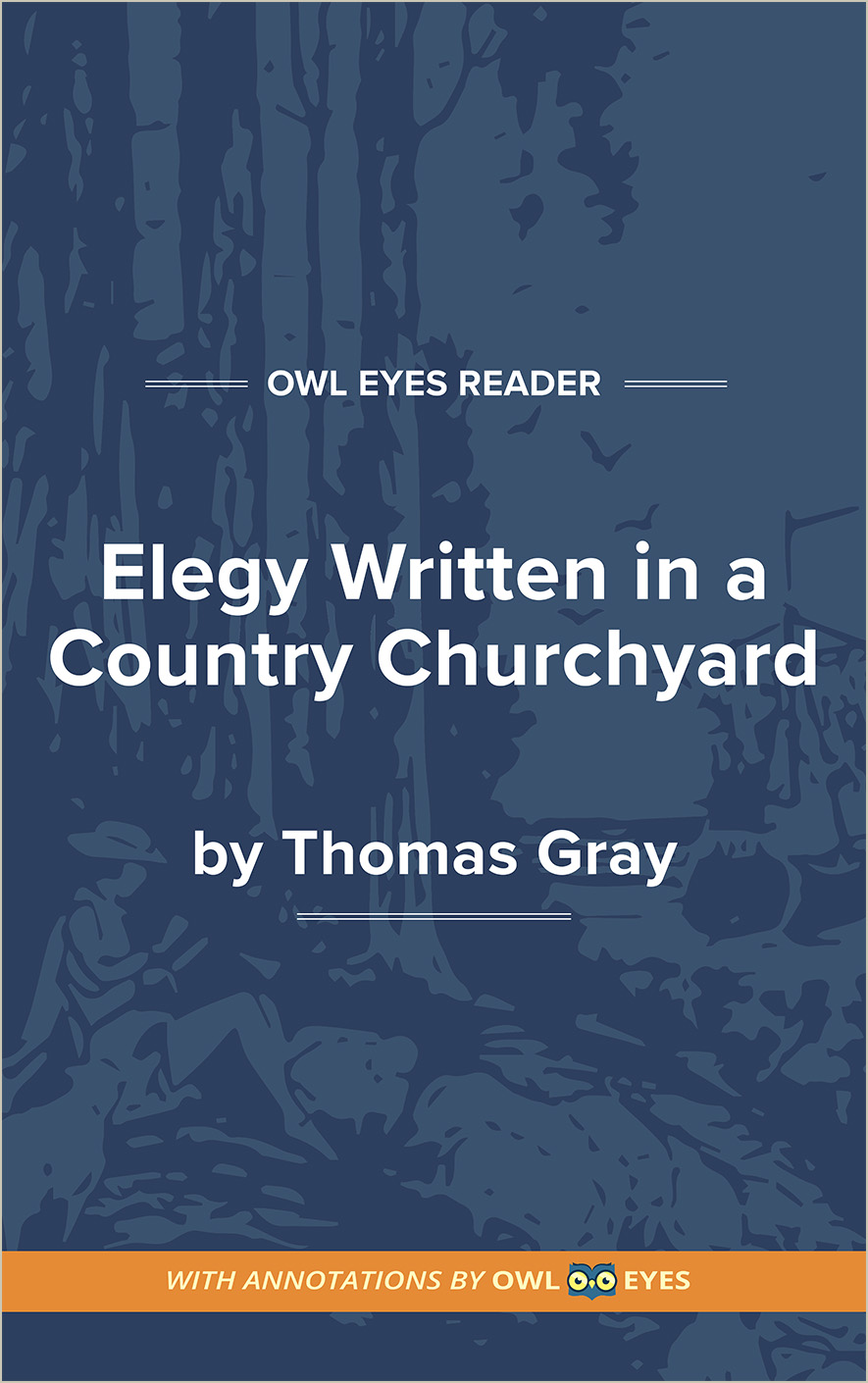Analysis Pages
Thomas Gray Biography
Thomas Gray was born in Cornhill (London) on December 26, 1716. Of twelve children born to Philip and Dorothy Gray, only Thomas survived childhood. The family was fairly prosperous; Philip was a scrivener and exchange broker, and Dorothy operated a millinery. Dorothy was a loving parent, but Philip was an ill-tempered wife-beater who was responsible for making young Thomas’s childhood less than happy. It may well have been to remove the child from his father’s influence that Dorothy arranged for her eight-year-old son to go off to school at Eton, where her brothers were masters. At Eton, Gray met Richard West and Horace Walpole, who became his closest friends, but with the exception of the happiness resulting from these friendships, the studious and solitary Gray found little pleasure in the company of the rowdy young men of Eton. In 1734, Gray and Walpole left Eton for Cambridge University. The death of his aunt, Sarah Gray, provided an income sufficient for his modest needs. Gray left Cambridge in 1738 with the intention of studying law at the Inner Temple. In 1739, however, his friend Walpole was ready to put the finishing touch on his own education by taking the traditional Grand Tour of Europe. Walpole’s father, the famous prime minister Sir Robert Walpole, believed that his son might benefit from the company of a good, sober companion and offered to pay all of Gray’s expenses to take the Tour with Horace. For two years, Gray and Walpole traveled through France, Italy, and Switzerland. Gray was fascinated by the culture of Europe and vividly recorded his experiences and feelings in letters that are considered among the finest written in English. While touring Italy in May, 1741, Gray and Walpole quarreled. The reason for the disagreement is not clear—years later, after Gray’s death, Walpole assumed the blame—but Gray returned to London alone and was not reconciled with his friend until 1745. In 1742, he settled again at Cambridge and, except for a brief residence in London (1759-1761), stayed there for the rest of his life.
On June 1, 1742, West died; Gray never forgot the loss of his dearest friend. This same time marks a period of increased literary productivity as Gray turned from Latin to English as his poetic medium. He had long been a writer of Latin poetry but now began to work with classical forms, such as the ode, in English. Gray’s first major poems, “Ode on the Spring,”...
(The entire page is 618 words.)
Owl Eyes subscribers get unlimited access to our expert annotations, analyses, and study guides on your favorite texts. Master the classics for less than $5/month!

